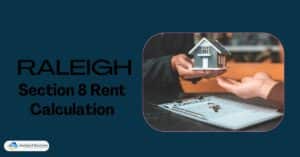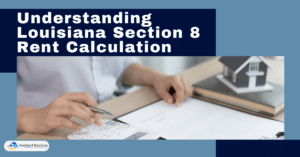Landlords and managers value decent tenants. A good renter pays rent on time, maintains the property, respects the neighbors, and communicates with the landlord or property management. Stability, responsibility, and lease compliance are also vital.
In this article, we’ll explore the traits that landlords commonly look for in their tenants. Knowing what makes a good tenant helps you satisfy their expectations and have a successful renting experience.
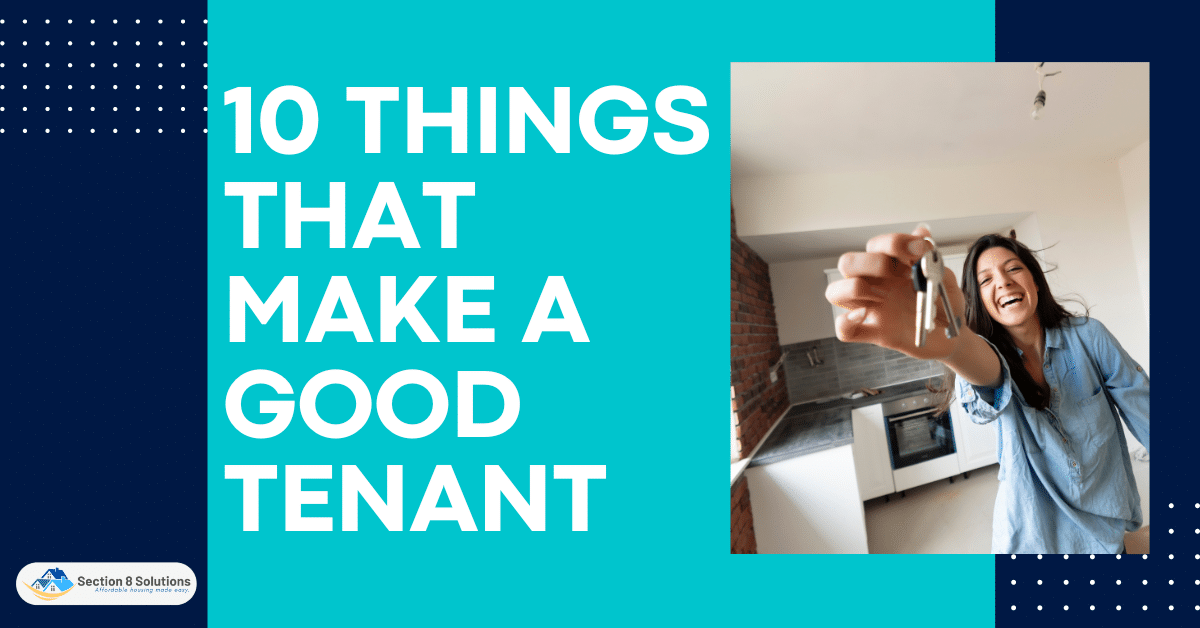
1. Responsibility and Reliability
Being a responsible and reliable tenant is crucial for a positive rental experience. It’s important to remember that renting a property is a business transaction, and landlords expect tenants to treat it as such. Here are some qualities of a responsible and reliable tenant:
- Paying rent on time: This is one of the most important responsibilities of a tenant. Late rent payments can cause financial strain for the landlord and may result in fees or legal action.
- Following the lease agreement: The lease agreement outlines the expectations and responsibilities of both the tenant and the landlord.
- Reporting maintenance issues promptly: If something in the rental property needs to be repaired or replaced, a responsible tenant reports it to the landlord or property manager as soon as possible.
Responsible renters make solid landlord-tenant relationships and successful rentals. Paying rent on time, following the agreement, and reporting maintenance issues quickly builds landlord trust. Good tenants see renting as business and respect the property. Doing so can give tenants a pleasant renting experience and reputation.
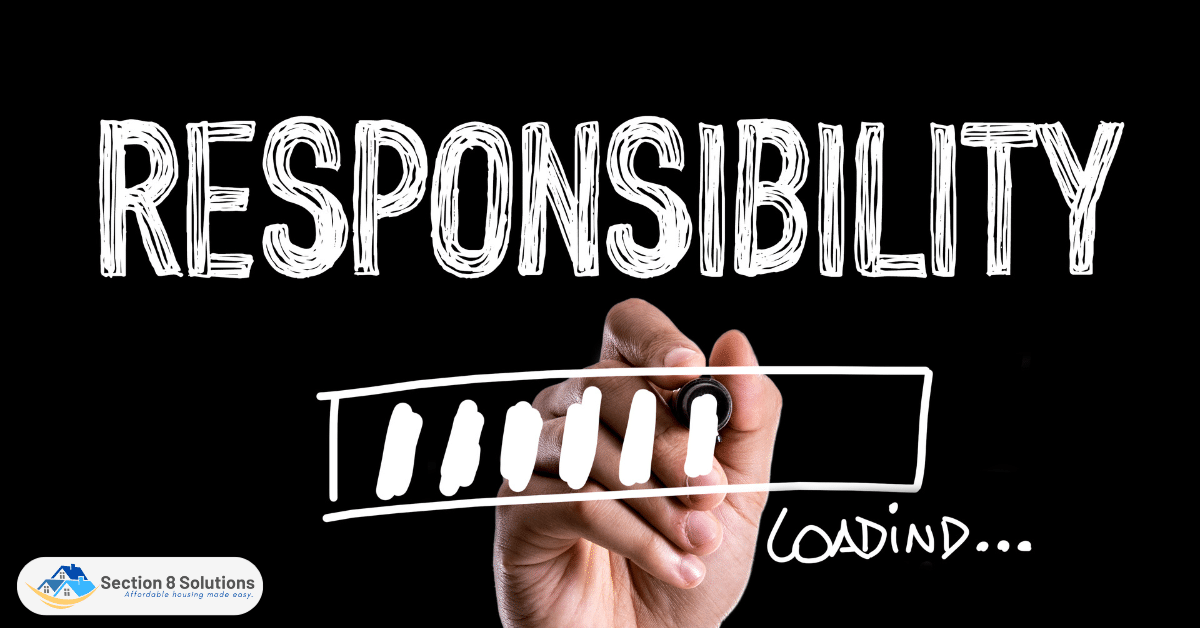
2. Good Communication
A good landlord-tenant relationship requires good communication. It clarifies expectations and responsibilities and addresses difficulties quickly. Good communicators respond to landlord or property management emails, texts, and calls quickly and keep the lines of communication open.
They also keep the landlord informed of any issues and coordinate repairs or replacements. Good communicators also ask questions to clarify expectations or grasp something better. Good communication benefits landlords and tenants. A landlord can swiftly fix a maintenance issue if a renter communicates well. This minimizes tenant disruption and property damage.
Clear communication regarding expectations, obligations, and lease amendments helps tenants and landlords avoid misunderstandings and improves rental experiences. Effective and respectful communication builds trust and respect, which can lead to a stronger relationship and a longer-term rental agreement.

3. Cleanliness and Maintenance
Cleanliness and maintenance are important aspects of being a good tenant. By taking care of the property, a tenant shows respect for the landlord’s investment and contributes to a positive rental experience. Here are some reasons why keeping the property clean and well-maintained is important:
- A clean property is more pleasant to live in: When a tenant keeps the property clean, it makes it a more pleasant and comfortable place to live. This includes regularly cleaning common areas, taking out the trash, and keeping personal spaces tidy.
- Good maintenance prolongs the lifespan of the property: Maintenance prevents little concerns from growing. Tenants can avert costly damage by reporting issues to their landlords immediately.
- It’s the tenant’s responsibility: It’s the responsibility of the tenant to keep the property clean and in good condition. This is not only a responsibility outlined in the lease agreement, but it’s also a legal obligation.
By taking care of the property, a tenant can contribute to a positive rental experience for themselves and the landlord. It shows respect for the landlord’s investment, and it helps to ensure that the property remains in good condition for the next tenant.
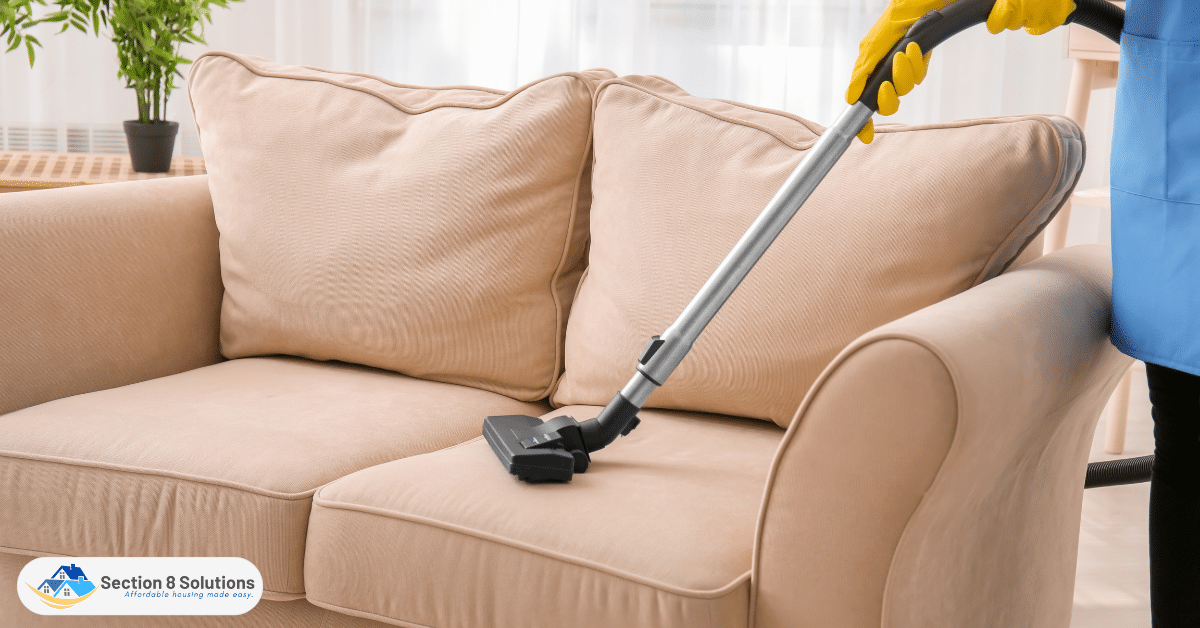
4. Respect for the Property and Neighbors
Respect for the property and neighbors is crucial in creating a positive tenant-landlord relationship. Tenants should be mindful of how their actions can affect others and the overall condition of the property. Respecting the property and neighbors is important for several reasons.
First, it improves living conditions. Respectful tenants make a peaceful neighborhood. They respect neighbors, observe property management guidelines and limit noise. The tenant and neighbors enjoy a calm setting.
Second, respecting the property honors the landlord’s investment. Tenants who maintain the property, clean it, and report issues immediately show that they value the landlord’s investment. It also shows that they understand and value property worth, which benefits landlords and tenants.

5. Stability and Financial Responsibility
Stability and financial responsibility are two crucial traits that landlords look for in their tenants. Tenants who possess these qualities assure landlords that rent payments will be made on time and that the property will be taken care of. Here’s why stability and financial responsibility are important:
First, tenants with solid income and a history of on-time bill payments can pay rent. Landlords need this assurance since rent covers property maintenance costs. Landlords can avoid financial trouble if a tenant has a regular income and pays rent on time.
Second, financially responsible tenants maintain the property. Responsible tenants pay invoices on time and don’t default on loans. This includes maintaining the rental property. Tenants who take care of the property, keep it clean, and report difficulties promptly show that they value the landlord’s investment and recognize the importance of property value.
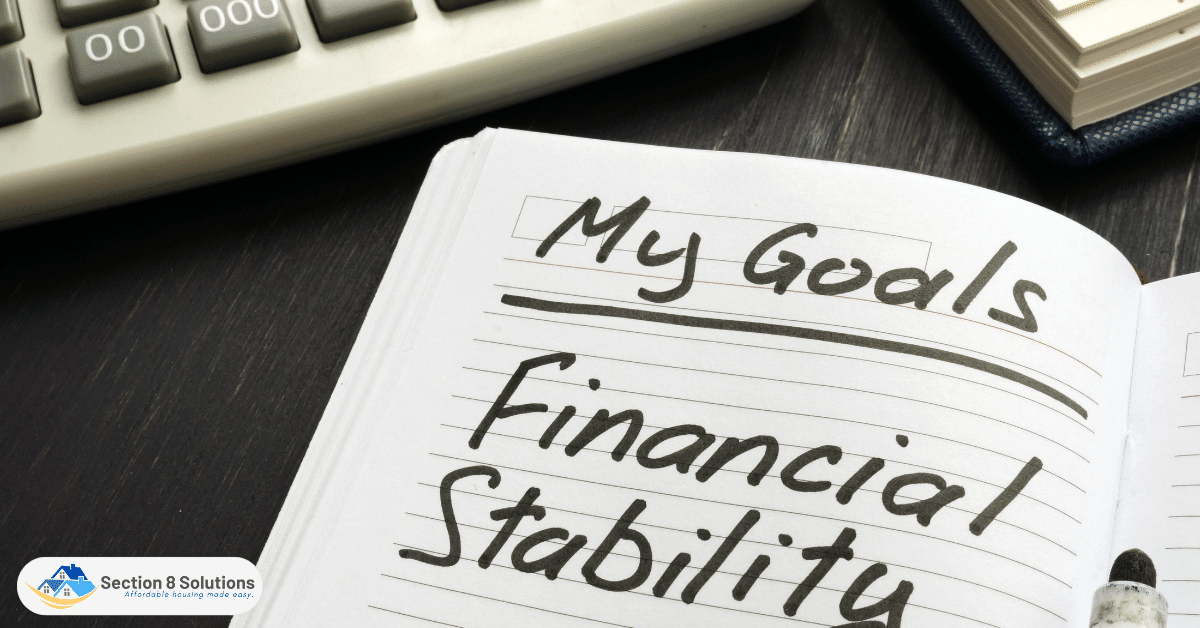
6. Reports Maintenance Issues Promptly
Good tenants report maintenance issues quickly. Tenants should notify the landlord or property manager immediately of any property issues, such as a leaky faucet or broken equipment. Delaying the report may cause more property damage, increasing repair costs and tenant and landlord discomfort.
Additionally, prompt reporting of maintenance issues can help to prevent safety hazards, such as electrical issues or water damage. This can protect both the tenant and the landlord from potential liability issues. By promptly reporting maintenance issues, the landlord can take the necessary steps to repair the problem, ensuring that the rental property remains in good condition.
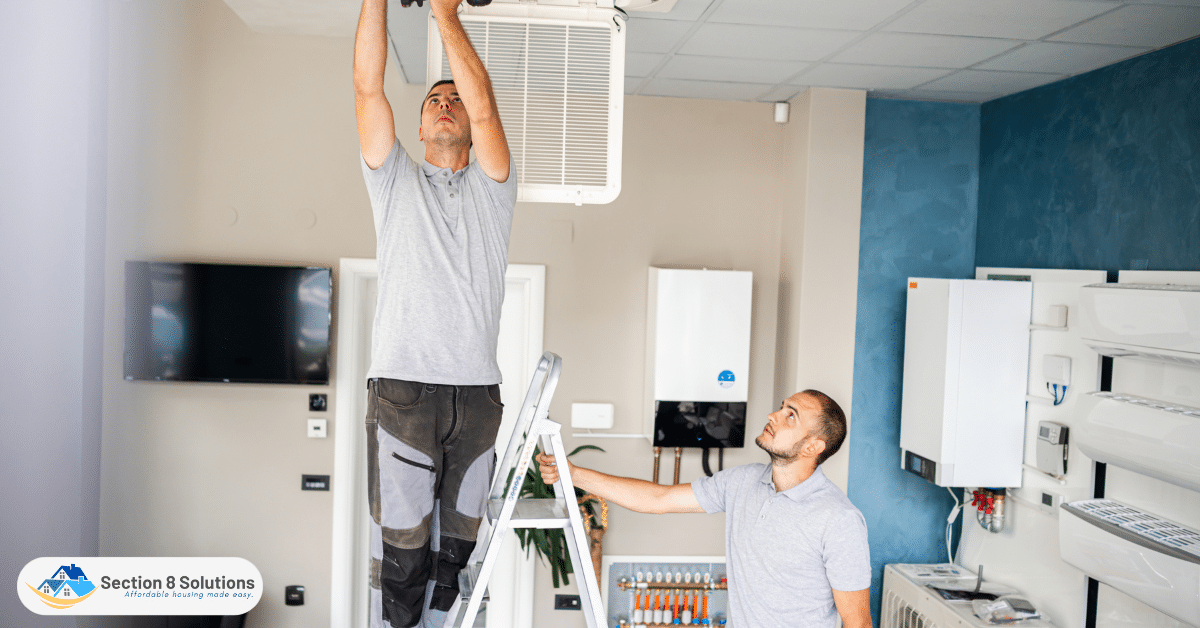
7. Has a Stable Income
Having a stable income is a crucial aspect of being a good tenant. A stable income can provide assurance to the landlord that rent payments will be made on time and that the tenant will be able to afford the rental property for the duration of the lease agreement.
A tenant’s income stability can also give landlords peace of mind, knowing that they are renting to someone who is financially responsible and capable of meeting their obligations. This can help to establish a positive relationship between the tenant and landlord, based on trust and reliability.
A stable income might also help tenants pay rent on time. It can help them stay afloat and pay their bills. A responsible tenant emphasizes rent over other expenses.
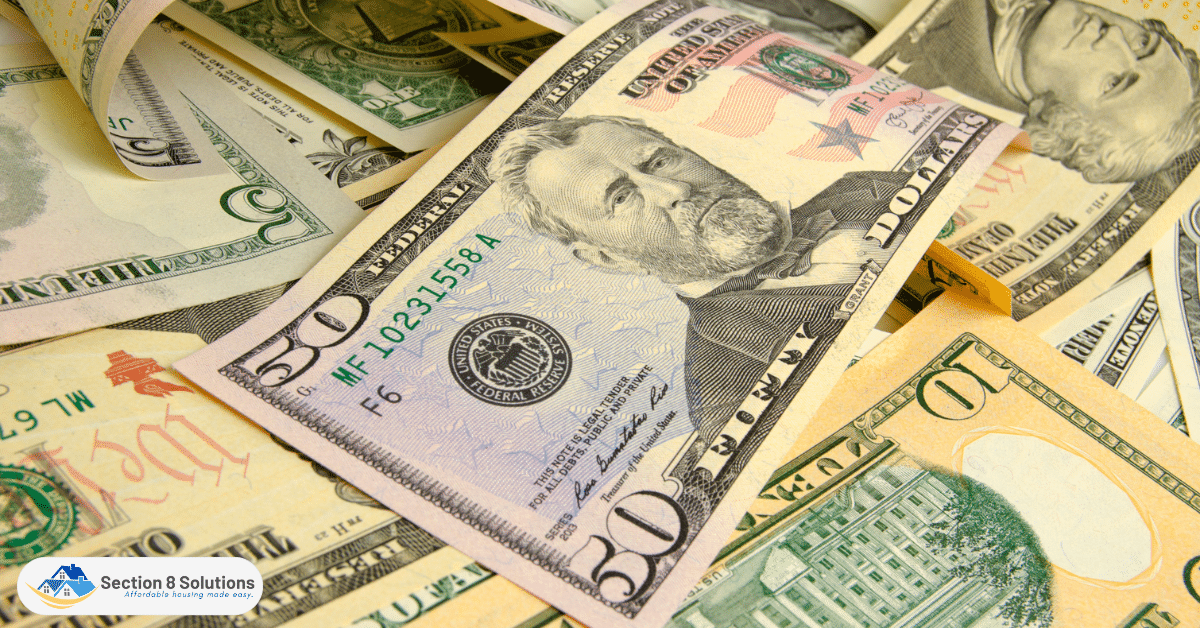
8. Has Financial Responsibility
Having financial responsibility is another important quality of a good tenant. A financially responsible tenant pays their bills on time, including their rent, and does not default on loans or debts. This demonstrates their ability to manage their finances effectively and take care of the property they rent.
Financial responsibility is essential for a landlord because it shows that the tenant can be trusted to meet their obligations, including paying rent on time and taking care of the property. A tenant who is financially responsible is less likely to cause financial issues for the landlord, such as missed rent payments or damage to the property.

9. Does Not Cause Damage to the Property
Not causing damage to the rental property is another important quality of a good tenant. A responsible tenant treats the property with care and respect, understanding that any damage beyond normal wear and tear will result in additional costs for both themselves and the landlord.
Causing damage to the property can be a serious issue for landlords, as it can result in repair costs and potential disputes with the tenant. A good tenant takes preventative measures to avoid causing damage, such as being cautious with furniture placement, not drilling holes in walls without permission, and properly using appliances and utilities.
Furthermore, a good tenant will also report any damage or issues to the landlord promptly, allowing for quick repairs and maintenance to prevent further damage. This not only shows respect for the property but also for the landlord’s time and resources.
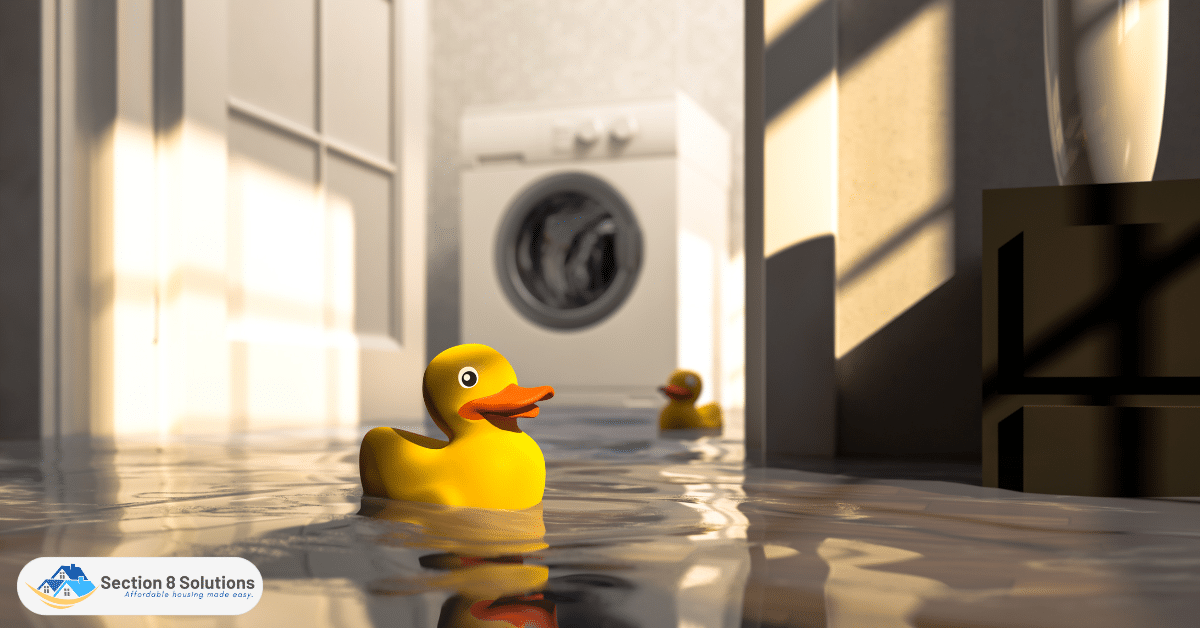
10. Leaves the Property in Good Condition
Leaving the rental property in good condition is another quality of a good tenant. When the lease ends, a good tenant ensures that the property is clean and well-maintained, ready for the next tenant to move in.
This involves cleaning the property thoroughly, including floors, walls, and appliances. A good tenant also removes any personal belongings and trash from the property and disposes of them properly. Additionally, they make sure that any damage caused during their tenancy is repaired or paid for, as agreed upon in the lease agreement.
A good renter leaves the property in good shape, which helps the future tenant and saves the landlord money. It also shows respect for the landlord and property, which could lead to a favorable reference for future rentals.
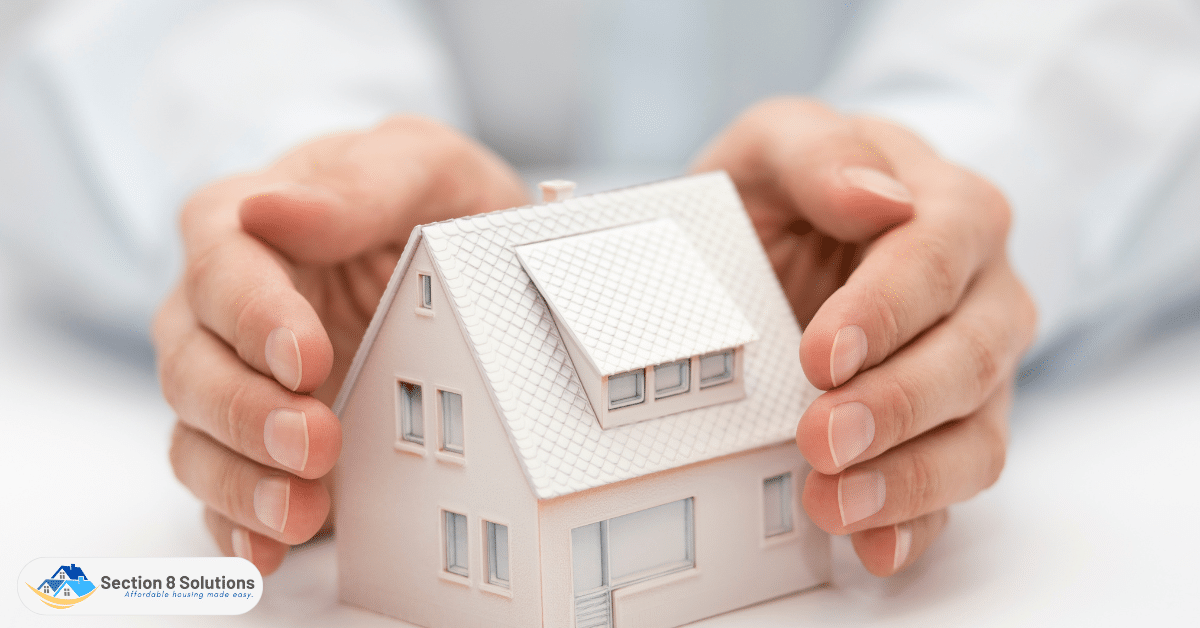
Conclusion
A good tenant is responsible, reliable, communicative, respectful, financially stable, clean, and maintains the property. Landlords and managers admire these traits. strong tenants make for strong landlord-tenant relationships.
Renters, be good! It will help you in the long run and make renting easier for everyone. Communicate with your landlord, pay rent on time, and maintain the property. Doing so can improve your tenant’s reputation and lead to better rental opportunities.



